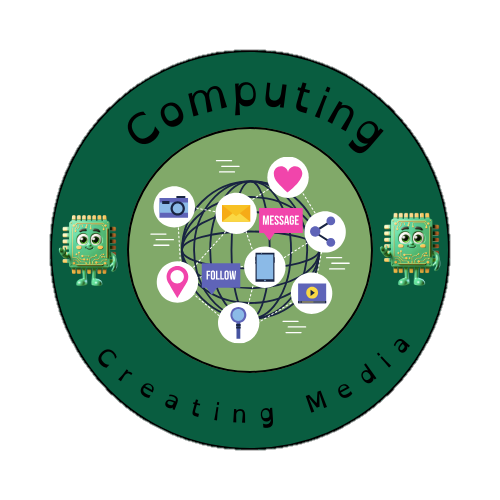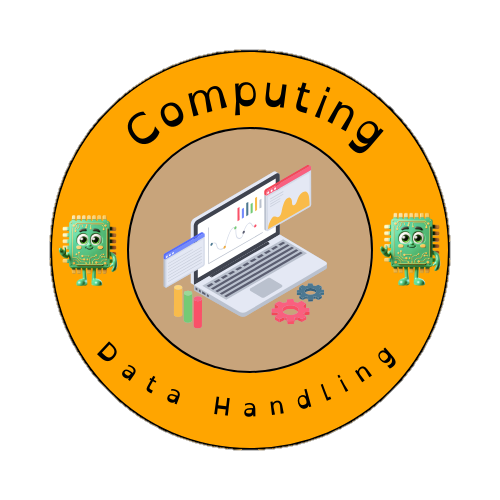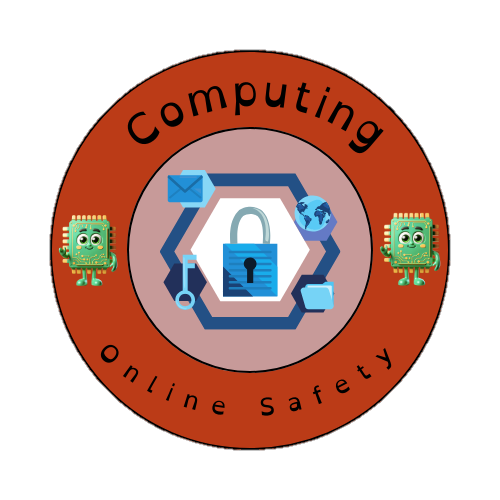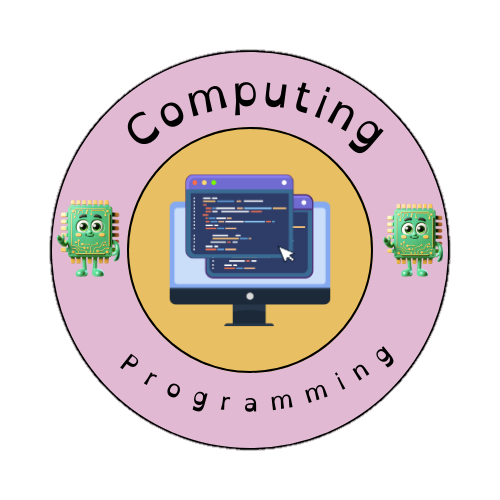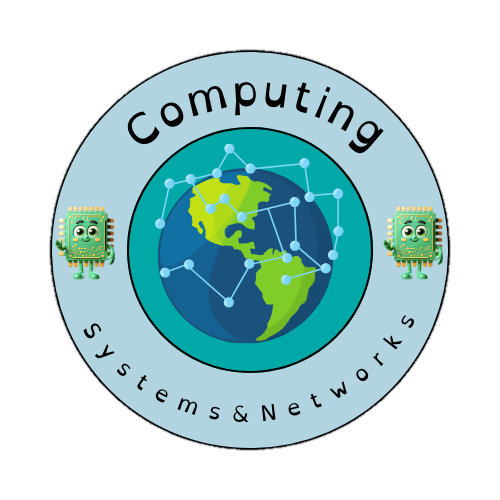Computing
Our Computing lead here at Park Road Academy is Mr. Smart, who is also our Year 4 Teacher.
Mr. Smart is thrilled to be Park Road Academy's subject lead for Computing, carrying out a role that allows him to combine his enthusiasm for technology with his passion for helping young minds develop essential digital skills. At Park Road Academy, our aim is to create an engaging environment where pupils can explore the ever-evolving world of computing, fostering their creativity, problem-solving abilities, and confidence in using technology.
Our Computing Curriculum Intent
At our school, we are committed to delivering a high-quality, ambitious computing curriculum that equips pupils with the essential skills, knowledge, and confidence to thrive in an increasingly digital world. Our curriculum is designed to be engaging, progressive, and relevant, ensuring that pupils develop a deep understanding of computing concepts while fostering creativity, critical thinking, and problem-solving abilities. We want our pupils to not only be proficient in using technology but also to understand how it works, how to create with it, and how to navigate it safely and responsibly.
Implementation
Our structured computing curriculum follows a clear progression from Early Years to Year 6, building on prior knowledge each year. The key areas of focus include:
-
Computing Systems & Networks – Pupils explore how computers, networks, and the internet function, progressing from early mouse skills and basic word processing to understanding AI and big data.
- Programming – Pupils develop coding proficiency through platforms such as Bee-Bots, Scratch, and Python, learning to create interactive and purposeful programs.
- Creating Media – Digital creativity is encouraged through projects in digital imagery, video production, website design, and animation.
- Data Handling – Pupils learn to collect, analyse, and interpret data using real-world applications, including database exploration and projects like the Mars Rover analysis.
- Online Safety – Responsible digital citizenship is embedded through regular lessons on staying safe online, managing digital footprints, and understanding cyber-awareness.
Beyond theoretical knowledge, pupils apply their learning in meaningful, hands-on projects. Whether designing interactive devices using Micro:bits, creating stop-motion animations, or developing their own websites, they gain real-world experience. Through activities such as the Bletchley Park exploration and the International Space Station data project, pupils connect historical and contemporary computing advancements to their learning.
We also place a strong emphasis on computational thinking, encouraging pupils to develop problem-solving skills through debugging programs, recognising patterns, and exploring AI applications. By incorporating challenges that require logical thinking and perseverance, we ensure our pupils can tackle complex digital tasks with confidence.
Impact
By the time pupils leave our school, they are digitally literate, confident in using a wide range of technology, and prepared for the next stage of their education. They will have developed the ability to think critically, solve problems, and create using technology in innovative ways.
Our approach ensures that pupils understand not just how to use technology but also how it works and how they can contribute to a digital future. Whether they are programming, creating multimedia projects, or analysing real-world data, they leave us equipped with essential digital skills.
Online safety is a key priority throughout our computing curriculum. Pupils are taught to navigate the digital world responsibly, understanding how to stay safe online and make informed choices. Teachers reinforce these lessons daily, ensuring that pupils develop a strong awareness of the benefits and risks associated with technology.
Computing at our school is not just about teaching pupils how to use digital tools—it is about preparing them for the future. By fostering curiosity, creativity, and resilience, we inspire the next generation of digital innovators, ensuring that every pupil leaves with the confidence to succeed in an ever-evolving technological landscape.


